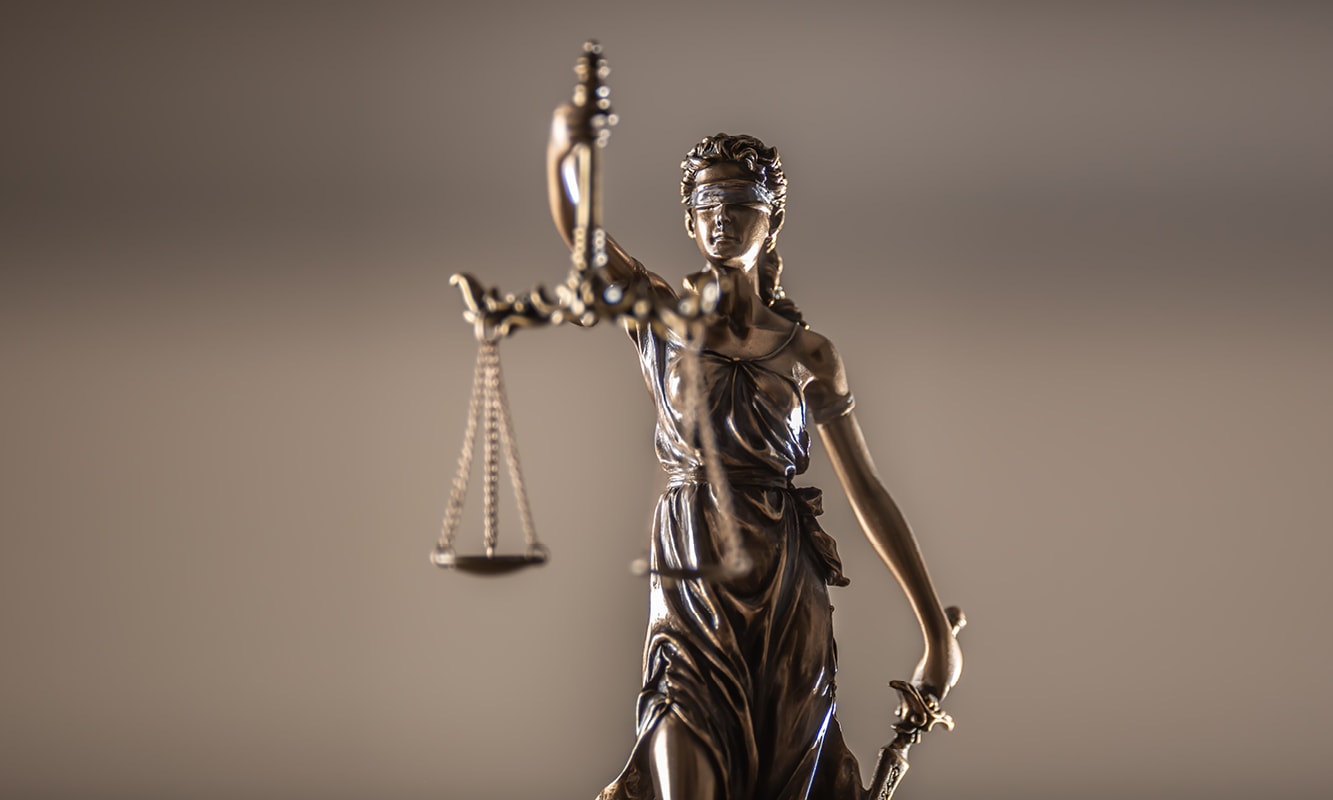Should I plead guilty or not guilty? Five important factors to consider
Amy Soong, Legal Practice Director, Ashworth Lawyers
Facing criminal charges is an incredibly stressful experience. One of the most important decisions you will need to make is whether to plead guilty or not guilty. This decision has serious legal consequences and should not be made lightly. For complex or serious charges, it is essential to seek advice from an experienced criminal lawyer.
What does pleading guilty mean?
If you plead guilty, you are accepting responsibility for the offence and admitting to the charge(s) against you. This typically leads to:
- a faster resolution of the matter
- the potential for a reduced sentence or penalty due to an early plea
- avoiding a trial, which can be stressful and time-consuming.
What happens if I plead not guilty?
If you plead not guilty, you are contesting the charge and the case will proceed to a hearing or trial. This allows you to:
- challenge the evidence presented by the prosecution
- present your own evidence and witnesses
- ensure that the prosecution proves the case beyond a reasonable doubt.
Pleading not guilty may be appropriate if you dispute the charge, believe the evidence against you is weak, or have a valid defence.
5 key factors to consider before deciding
- The strength of the evidence: Before deciding how to plead, it is essential to assess the prosecution's evidence. If the case against you is strong and unlikely to be successfully challenged, an early guilty plea may be the best option. However, if the evidence is weak, unreliable, or open to dispute, pleading not guilty may give you a chance to have the charge dismissed or reduced.
- Possible penalties: Understanding the potential penalties is crucial. Pleading guilty early results in a reduced sentence. Some offences carry mandatory penalties, while others allow for discretion. A lawyer can help you understand the likely consequences of your plea.
- Defences available: If you have a valid defence, such as mistaken identity, lack of intent, or acting under duress, pleading not guilty may be the right decision. Sometimes, procedural errors or insufficient evidence can lead to a charge being withdrawn or dismissed. Seeking legal advice is essential to assess whether a defence applies in your case.
- The impact of a guilty plea: Pleading guilty means accepting responsibility, which may work in your favour when it comes to sentencing. However, it may also result in a criminal record, which can impact employment, travel, and other aspects of your future.
- The court process and stress of trial: Going to trial can be a lengthy and stressful experience. If you plead not guilty, you must be prepared for court appearances, legal costs, and the uncertainty of the outcome. However, if you have a strong argument, pleading not guilty may be your best option.
Get legal advice before deciding- Your plea decision should be based on advice from an experienced criminal lawyer. Speaking to a lawyer early will help you understand your options and the best strategy for your case.
